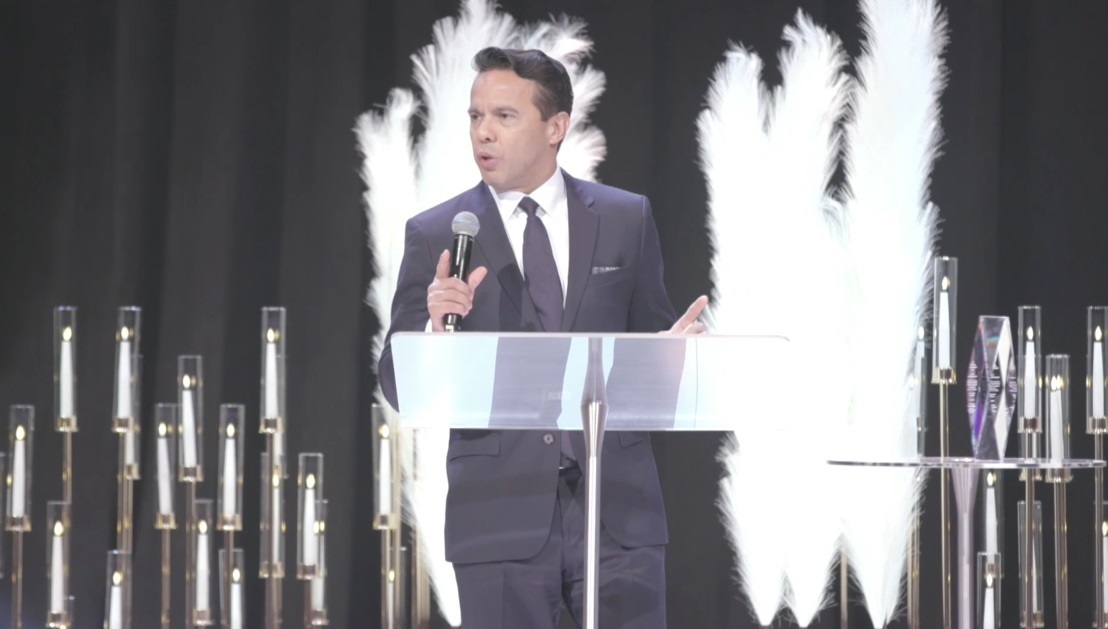The ECOWAS Court on 14 March 2024 dismissed an application brought by two (2) non-governmental organisations (NGOs) which asked the Court to hold the Federal Republic of Nigeria liable for violating the right to development of the Africans in the diaspora particularly people of Haiti.
The action was premised on Nigeria’s alleged failure to take measures to ensure the admission of Haiti into the African Union at a 2016 Summit of the AU, in Addis Ababa, which the Applicants claimed would have enabled Haiti to take advantage of developmental initiatives on the continent such as the African Continental Free Trade Area (AfCFTA).
Justice Dupe Atoki, judge rapporteur who delivered the judgment said the Court declined jurisdiction to hear the matter and dismissed it on the grounds that the alleged violation occurred outside the ECOWAS sub-region. Both parties were ordered to bear their cost of litigation.
The initiating application with suit number ECW/CCJ/APP/54/22 was filed on 24 November 2022 by two NGOs – The Incorporated Trustees of Prince and Princess Charles Offokaja Foundation, Nigeria, and Prince and Princess Charles Offokaja Foundation, Switzerland. In the suit, they claimed that the Nigerian government failed to protect the right to development of persons of African descent in the diaspora, particularly those in the Caribbean country of Haiti, by its failure to formulate and execute a policy in line with Article 22(2) of the African Charter that would have supported Haiti’s 2016 request for membership of the African Union (AU).
Mr Charles Offokaja who represented the NGOs said that such membership could have forestalled Haiti’s economic crisis and enhanced the development of Haiti and other Afro-American individuals and peoples and ensured their full participation in the affairs of the AU including the African Continental Free Trade Area (AfCFTA).
He asked the Court for a declaration that Nigeria breached Article 22(2) by not formulating and executing a policy to support Haiti’s application for membership of the AU. He also demanded an order of Court compelling Nigeria to formulate and execute such policy to support Haiti application for consideration at the next ordinary or extraordinary session of the Assembly of the AU.
In response, Mrs Maimuna Lami Shiru, lead counsel representing Nigeria filed a preliminary objection challenging the competence of the Court to hear the matter relating to Afro-Americans who are not citizens of the ECOWAS Community, adding that the NGOs’ pleadings were not in accordance with Article 9 of the Court’s Protocol as amended.
In addition, she argued that the ECOWAS Court was not the African Court on Human and Peoples’ Rights and therefore not empowered to determine cases not related to the ECOWAS sub-region. She also said that the subject matter had been determined by the African Union Commission and published in a press release issued in May 2016.
Mrs Shiru asked the Court to dismiss the suit for lack of jurisdiction and reasonable cause of action against the Federal Republic of Nigeria.
In its analysis, the Court noted that though an allegation of human rights violation was invoked, the alleged violation did not occur in any Member State of ECOWAS as required under Article 9(4) of the Supplementary Protocol of the Court. The Court therefore dismissed the case for lack of jurisdiction.
Also on the panel were Justices Edward Amoako Asante (presiding) and Sengu Mohamed Koroma (member).
Support PREMIUM TIMES’ journalism of integrity and credibility
Good journalism costs a lot of money. Yet only good journalism can ensure the possibility of a good society, an accountable democracy, and a transparent government.
For continued free access to the best investigative journalism in the country we ask you to consider making a modest support to this noble endeavour.
By contributing to PREMIUM TIMES, you are helping to sustain a journalism of relevance and ensuring it remains free and available to all.
Donate
TEXT AD: Call Willie – +2348098788999









